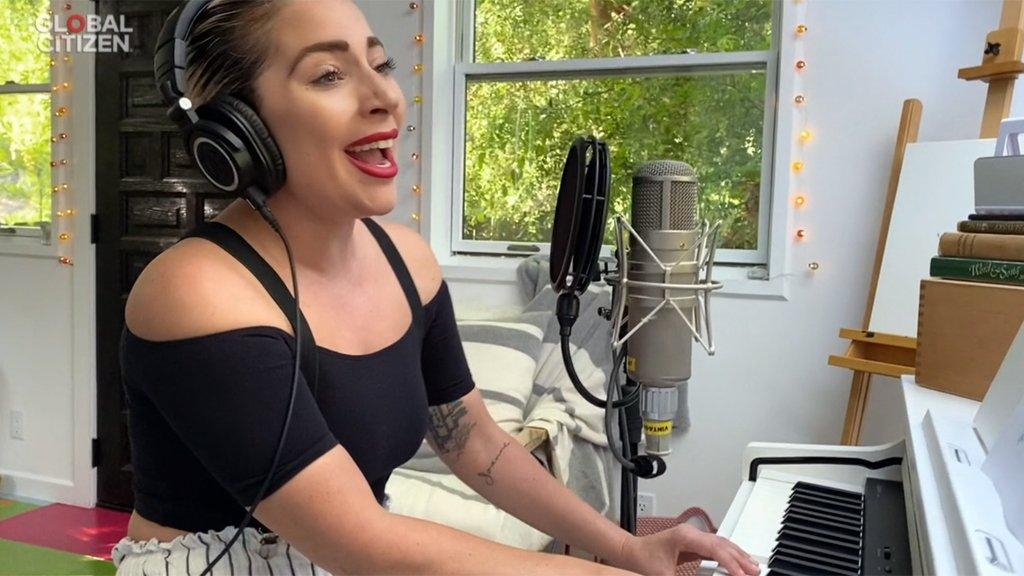Covid vaccine: 'I've had my jab but my nan won't be offered it this year'
- Published
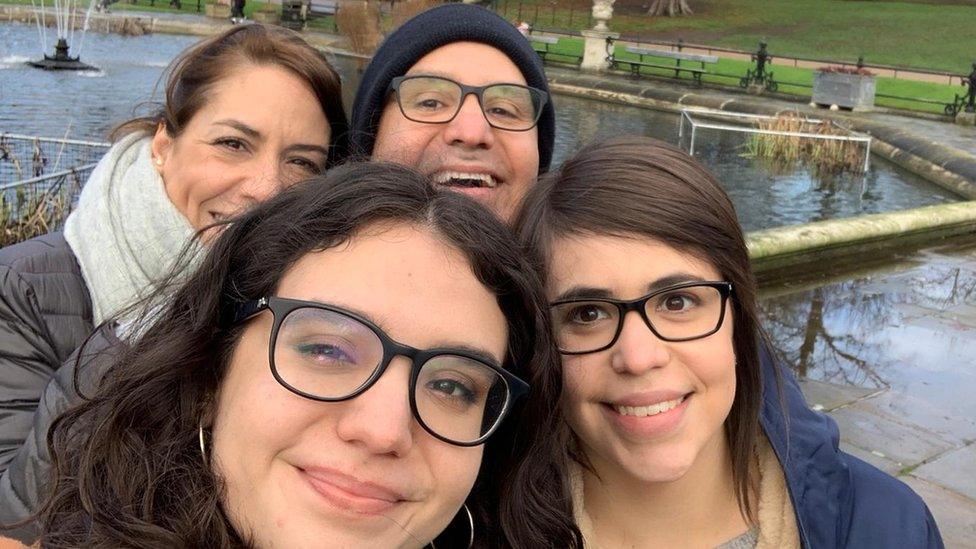
Daniela Arguello (right) hasn't seen her family since she moved to London just before the pandemic
Whether it was a text from the GP or a WhatsApp from your mum, the moment you were told it was time to book your Covid vaccine was no doubt an exciting one. But some people in the UK are feeling a complicated mix of emotions - even guilt.
"When I got the text to get the first one I felt like I wanted to cry, because it had been such a long year," says 25-year-old Daniela Arguello.
Daniela moved to London from Guatemala in January 2020, just weeks before Covid shut down global travel.
Being thousands of miles from her family and having severe asthma meant lockdown was a really stressful time for Daniela.
So when she was offered the vaccine "it was some sort of relief".
But at the same time Daniela, who works for anti-poverty group Global Citizen, felt frustrated at the "devastating" difference in access to vaccines between the UK and her home country, where her family lives.
'I worry all the time'
"Here we have the NHS and so much access to get care if you get Covid," she tells Radio 1 Newsbeat.
"They don't even have the capacity to deal with it, let alone have vaccines.
"It's scary and I worry about them all the time. It's sad because if they were living here they already would have been vaccinated at this point."
Guatemala has recorded more than 8,500 Covid deaths and its daily figures for new infections are currently at an all-time high.
People are still travelling into work as the country cannot afford a strict, stay-at-home lockdown, Daniela says.
She's particularly worried about her nan, who is 81 and has several underlying health conditions.
"She hasn't left her house since February of last year," Daniela says.
"My dad takes the groceries to the door, and then they disinfect it, and that's as far as she's been for a whole year and a half."
'A state of panic' living thousands of miles away from family in a Covid crisis
Daniela doesn't think any of her family will be offered a jab before next year.
"There's no vaccine in sight. They keep saying that it's coming and they're pushing people to sign up to get it."
Guatemala's given about 3.7 doses of vaccine per 100 people (or about 660,000 total jabs) compared with the UK's rate of 107 doses per 100 people (or 71 million doses).
'I feel very guilty'
One of the worst vaccination rates in the world is in Madagascar, where Sarobidy Andriantahina is from.
Sarobidy, 22, who's just started an internship in London, is feeling "very confusing" emotions as she prepares to book her jab, which has just become available for her age group in England.
Back home, Sarobidy's mum and dad - aged 52 and 53 - are yet to get their first dose.
Only 97,000 jabs have been given in Madagascar, which has a population of about 25 million people - that's 0.4 doses per 100 people.
"There are a lot more people who really need it more than me and I will get it before them, so I feel very guilty about it," Sarobidy tells Newsbeat.
"But in a way I'm really proud to be able to at least contribute to opening up the world. I've seen my country struggle so I'm glad I'll be able to get it and also protect my family and more vulnerable people."
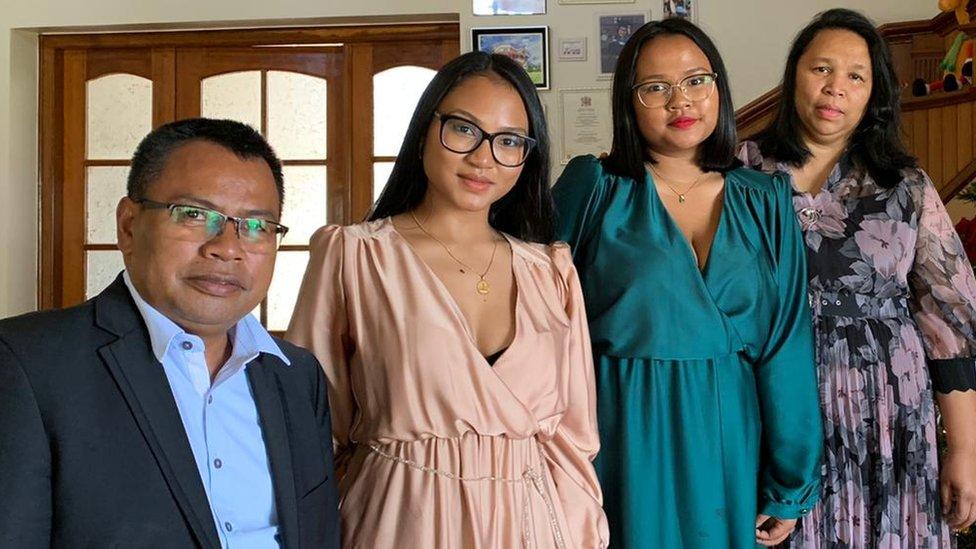
Sarobidy Andriantahina (second from the left) says she's looking forward to getting the jab to protect her parents and sister
The island nation has a relatively low death rate compared with other countries - less than 900 deaths have been recorded.
But across Africa there's a concern that new, more transmissible variants of the virus can't easily be tracked because the testing required to identify them isn't widely available.
Madagascar had a spike of infections in March and only started vaccinating people in May, five months later than the UK.
In addition to the late rollout, Sarobidy says her home country's low vaccine rate is partly because of misinformation.
"Negative rumours" about blood clots have made people "nervous" and many rural communities rely on traditional medicine, so a lower trust in modern medicine is "cultural", she says.
'It doesn't feel fair'
Daniela's colleague and friend, James Hitchings-Hales, 28, wonders if he "should be last in the queue" to get a jab.
James, who's from Cardiff but lives in London, got two jabs as part of a vaccine trial last summer. He's protected from Covid but the scientists behind the study have advised him to get a jab when it's offered to him through the NHS, to act as a "booster".
"Maybe they should do everyone else, first, especially when it comes down to thinking about other countries [with less successful vaccine rollouts]. It just doesn't really feel fair does it?" he tells Newsbeat.
"I'm excited to get it, but I definitely relate to that feeling of guilt," he adds.
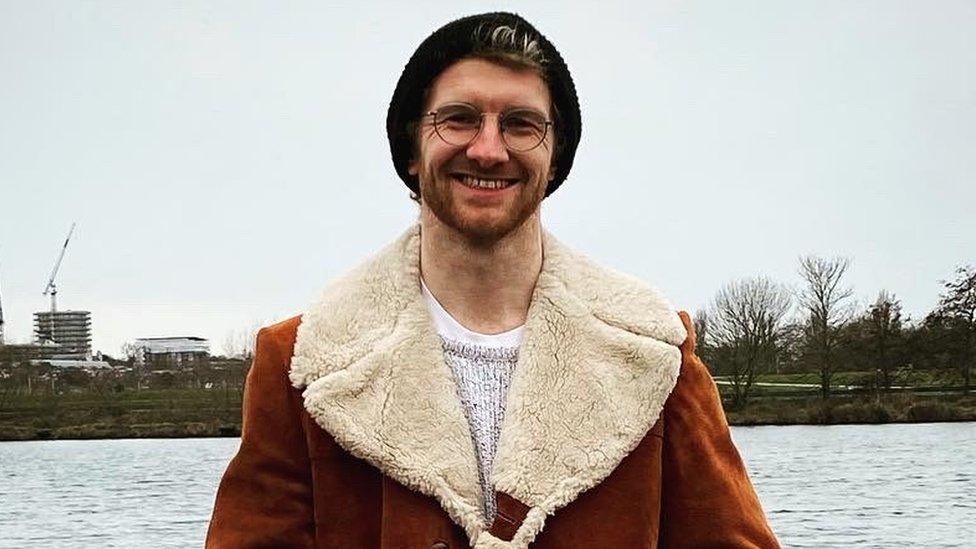
James Hitchings-Hales is set to be one of the first people to get a third vaccine dose
Last week, seven of the world's richest countries pledged one billion Covid vaccine doses to poor countries.
Boris Johnson says the move shows the UK and other G7 countries are rejecting "nationalistic approaches" to vaccination.
But Global Citizen says it's "too few doses on too slow a time frame", with James adding that he, Daniela and their colleagues are "bitterly disappointed" by the news.
"The world's wealthiest countries need to share their surplus vaccines immediately - not next year," James says.
"We can do so much better."


Follow Newsbeat on Instagram, external, Facebook, external, Twitter, external and YouTube, external.
Listen to Newsbeat live at 12:45 and 17:45 weekdays - or listen back here.
- Published13 June 2021
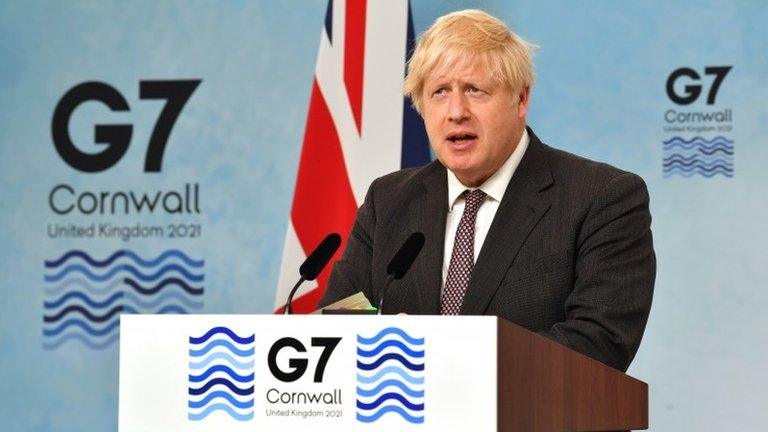
- Published1 June 2022
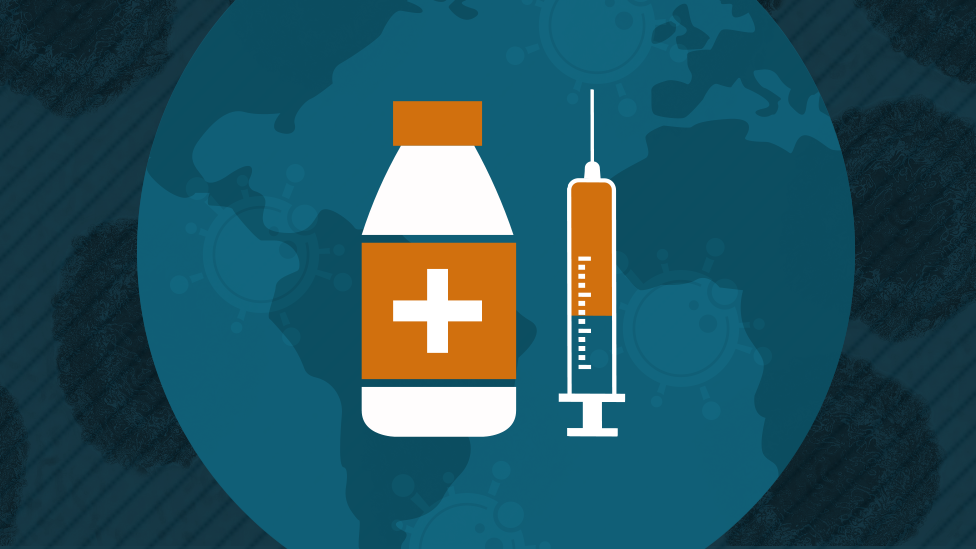
- Published8 June 2021
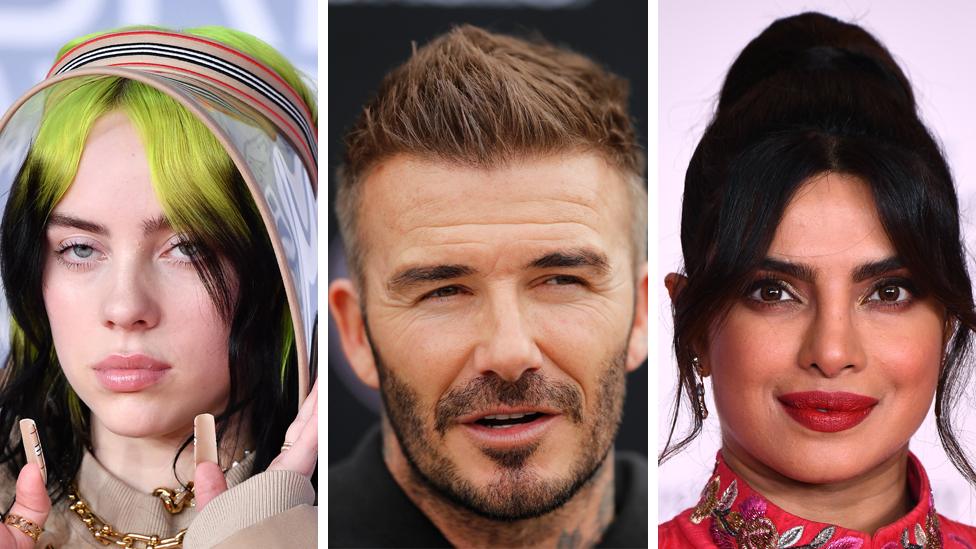
- Published17 November 2021
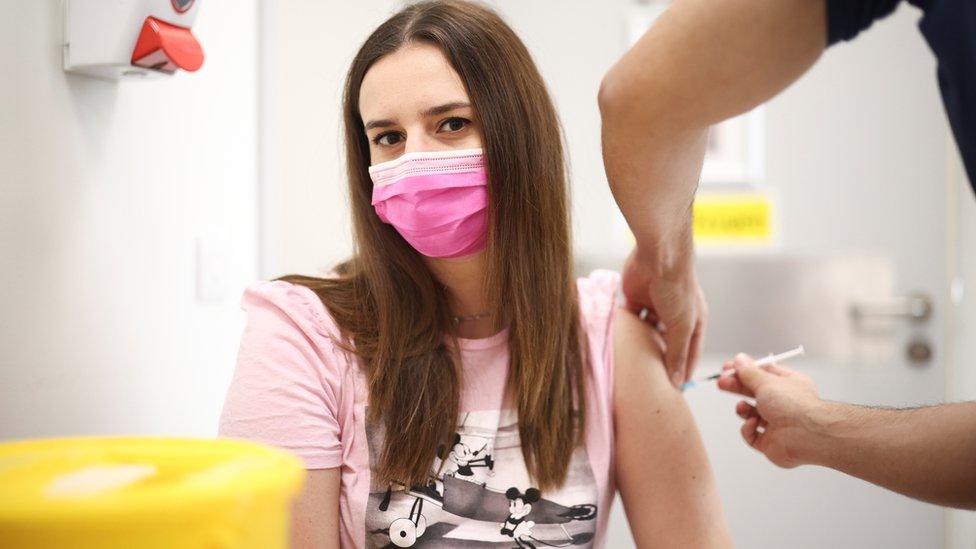
- Published2 April

- Published5 May 2021
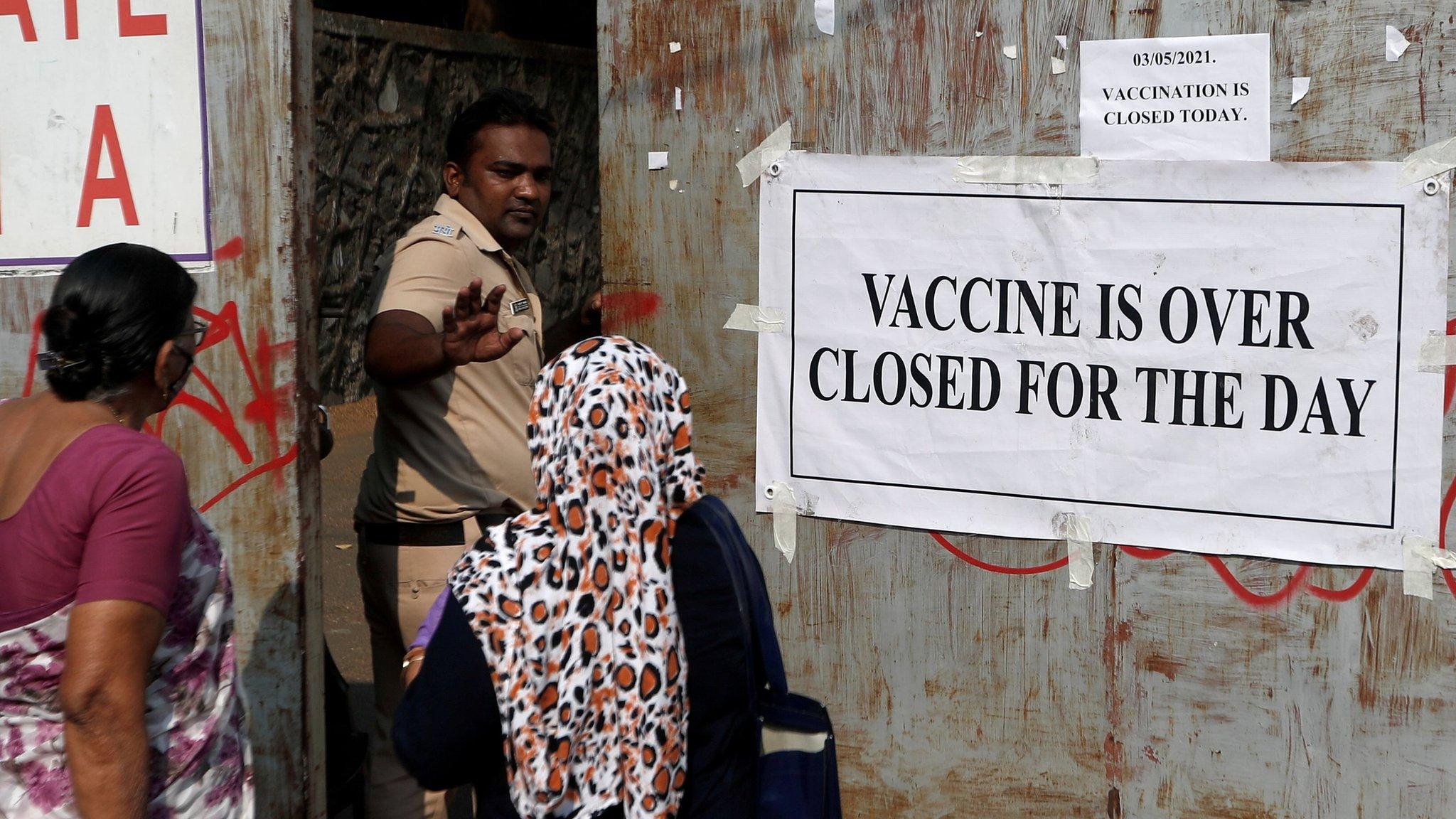
- Published23 September 2021
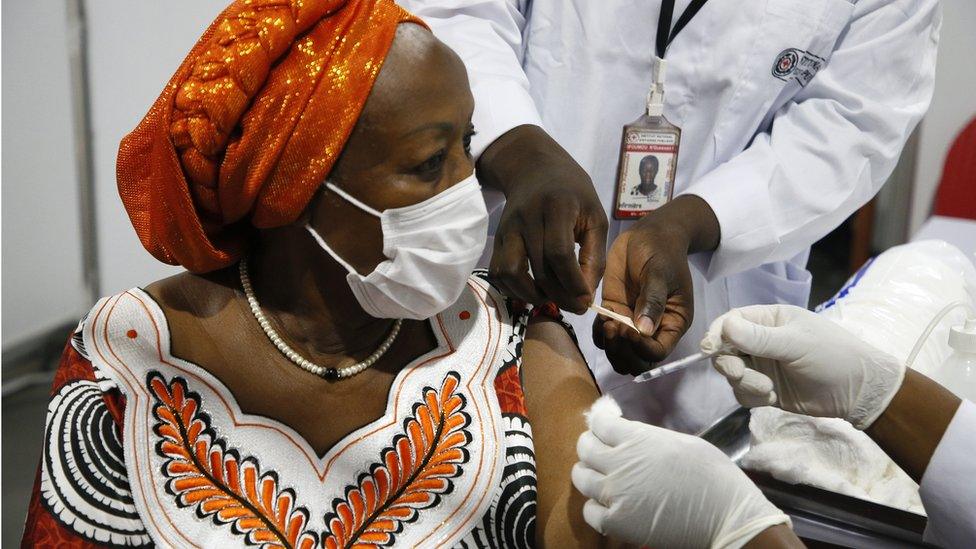
- Published3 May 2021
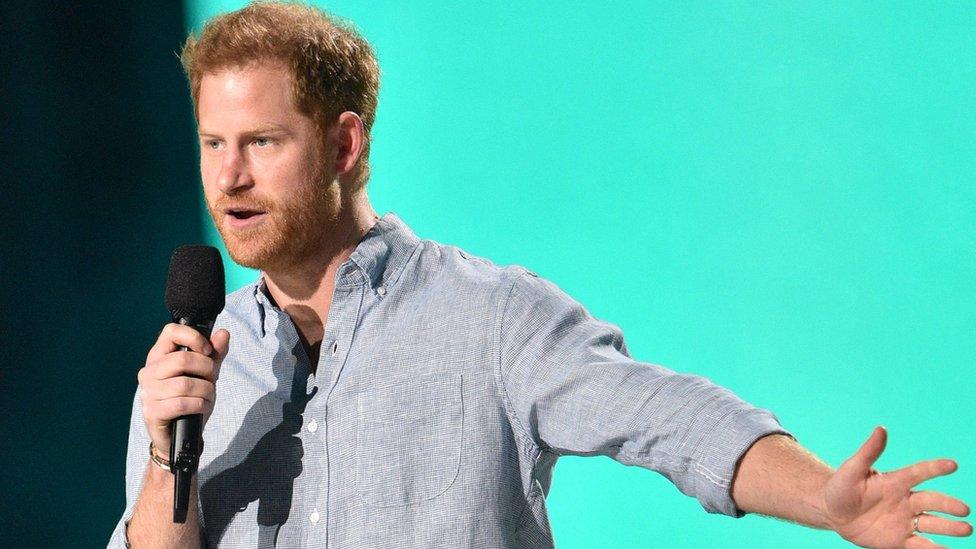
- Published19 April 2020
